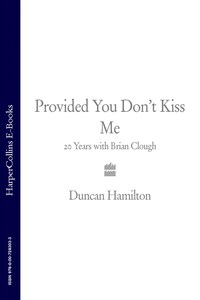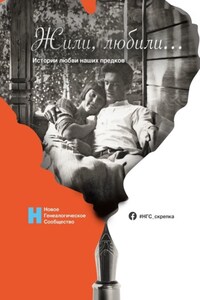PROLOGUE
If only football could be that much fun …
The best account of what it is like to be a football reporter was written by B. S. Johnson, an experimental novelist and poet who regularly covered matches for The Observer. His novel The Unfortunates, published in the late 1960s, is Johnson’s ‘book in a box’, an example of modernist literature. It consists of twenty-seven unbound chapters which, except for the first and the last, can be read in any order. The idea, argued Johnson, was to convey the arbitrary nature of thought.
Johnson was a lugubrious man. The Unfortunates is the mournful story of an unnamed narrator (actually Johnson himself) who arrives by train at an unnamed city (coincidentally Nottingham) to cover a football match. He takes a plunge into his past. The surroundings – ‘I know this city’ – awaken in him rich slices of memory that rise up and wash over him like waves. And thus, improbable as it may sound, on a grey Saturday afternoon he drifts from meditations on football and football writing into reflections on life and death. Unlike Bill Shankly, he comes to the conclusion that life is more important than football can ever be.
The sections of the book about football are evocative. Johnson’s narrator reports on a match between City and United – names chosen, I’d imagine, because they represent the game’s Everyman – and slowly peels away the misconceptions about the free seat in the press box. Johnson is miserable and unforgiving, and he has an acid tongue.
Given the number of matches a reporter is obliged to sit through over the course of a season – in my experience, anywhere between sixty and a hundred – and the number of words he has to write about each of them, it isn’t difficult to become, like Johnson’s character, so disillusioned with the trade that cynicism sets in and hardens like cement.
To the outsider, football reporting, like much of what happens inside newspaper offices, gives off a strong glow of romance and glamour, recalling old movies about the press: a hard-bitten, tough-guy, trilby-wearing Bogart balancing a drooping cigarette on the edge of his lip in Deadline USA, or a workaholic Jack Hawkins beating himself into exhaustion in FrontPage Story. It’s a world of typewriters, eyeshades and braces, saloon bars and harassed men in belted trench coats bellowing down black, megaphone-sized telephones to a pouting blonde copy-taker. Amid the clatter of the keyboards and the twisted vines of cigarette smoke, each day is a swirl of gripping, unforgettable events.
If only. The truth, especially in the provinces, is that newspaper reporting is often a mundane, repetitive slog: season after season of unbearably joyless matches, one so indistinguishable from another that it becomes impossible – without examining the statistics of teams and goalscorers in Rothmans Football Yearbook – to tell them apart. I came into journalism specifically for the free seat. I wanted to watch sport without paying for the privilege, and sports writing seemed like a decent alternative to real work. Soon I began to understand what Robert Louis Stevenson meant when he wrote that it is a better thing to travel hopefully than to arrive.
The beautiful game can seem ugly and dull when viewed through tired and jaded eyes. It looks worse when in early March you find yourself recycling phrases, already soiled by overuse, that you originally wrote in August or September. Worse still, after a while you learn to routinely fabricate an emotional response to something about which you feel absolutely nothing. This is exactly what Johnson conveys so well in The Unfortunates:
Always, at the start of each match, the excitement, often the only moment of excitement, that this might be the ONE match, the match in which someone betters Payne’s ten goals, where Hughie Gallacher after being floored nods one in while sitting down, where the extraordinary happens, something that makes it stand out, the match one remembers and talks about for years afterwards, the rest of one’s life. The one moment, the one match. A new beginning, is it? But already I suspect the worst … have to be prepared, as always, in everything, to settle for less.








